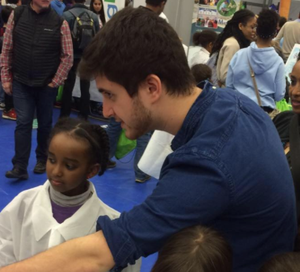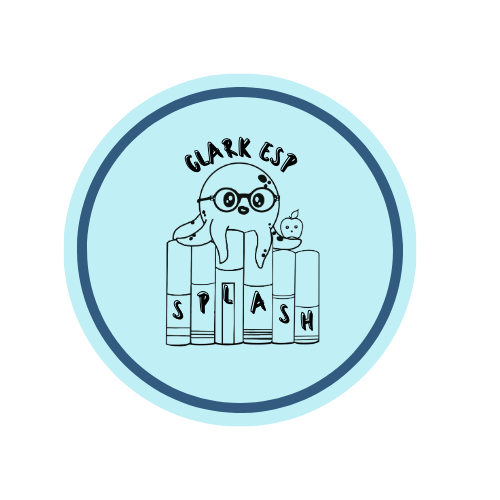ESP Biography
YONI HAZAN, Junior at Clark University
|
Major: Physics College/Employer: Clark Year of Graduation: 2018 |

|
Brief Biographical Sketch:
Yoni Hazan is a student at Clark University Class of 2018. His main study is Physics with an emphasis in Clean and Renewable Energy, however his minor is Ethics and Public Policy. Yoni began learning about rhetoric and arguments during his sophomore year of high school in Brooklyn NY and fell in love with the analysis of arguments and persuasive speeches. Past Classes(Clicking a class title will bring you to the course's section of the corresponding course catalog)X915: Persuade - Don't Be Fooled: Rhetoric and Fallacy in Splash Spring 2018 (Apr. 08, 2018)
Ever wondered what exactly makes a poem beautiful? A speech motivating? A song moving? The first half of this class will be answering these questions and more! The second half will be discussing and learning the logical fallacies people use, intentionally or otherwise, and how to spot them so you don't get fooled yourself! Come learn why language holds so much power over us, and how to manipulate it to your advantage.
H784: How to Argue (Fallacy & Truth in Splash Spring 2017 (Apr. 02, 2017)
In this class, we will accomplish two main goals:
1) We will look into what makes certain arguments convincing. We'll come at this from a creative and artistic standpoint, looking into what rhetorical devices, schemes, and tropes are used to persuade others by analyzing the famous speeches of incredible wordsmiths.
2) We will look into what makes certain arguments incorrect and flawed. Haven't you ever heard an argument, by a teacher, friend, politician (or even a parent!) that just seemed wrong but you couldn't quite put your finger on it? This is because it is very common that someone uses a rhetorical device incorrectly, In this section of the class, we will analyze arguments with different fallacies from a more logical standpoint and identify specific traits in an argument that make it a fallacy.
By the end of the class, you will have learned the basics in constructing solid arguments, appreciating a good argument when you hear one, and being able to identify which parts of an argument are strong and which are weak.
A552: Ear Training in Splash Fall 2015 (Nov. 15, 2015)
How to train your ear to identify cool patterns in music! Super helpful for mastering solo's, learning a song by ear, writing your own songs and much much more!
|
|
